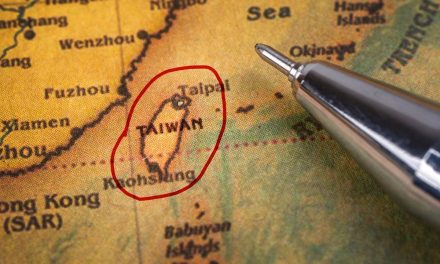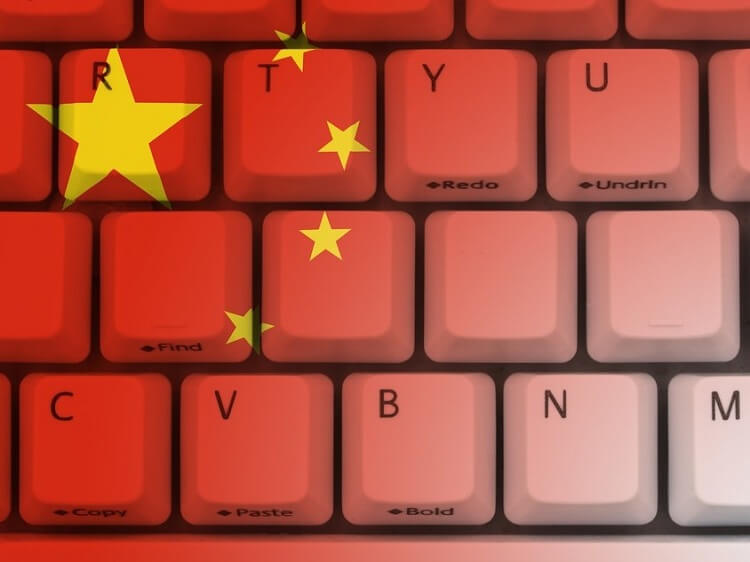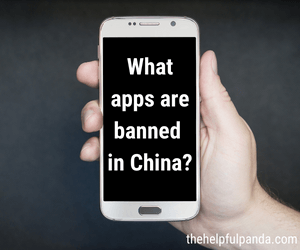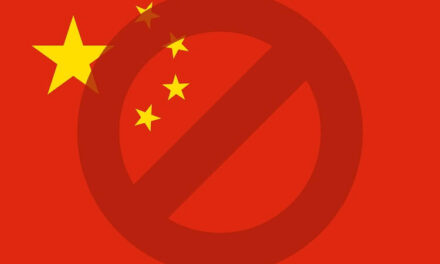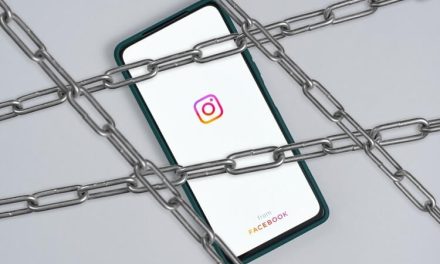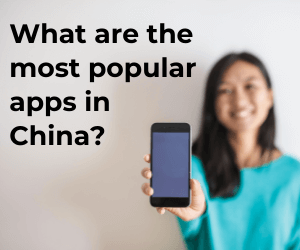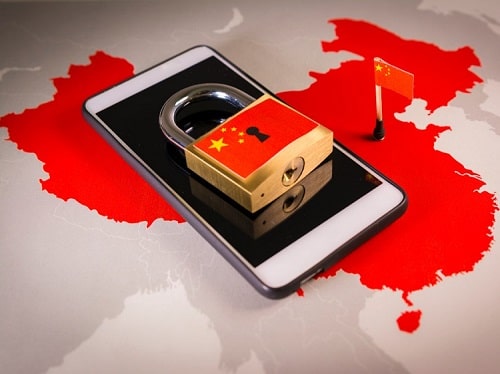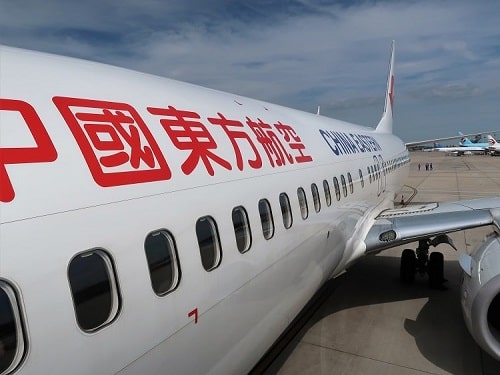Have you heard that the internet in China is censored?
Known as The Great Firewall of China, it gives over one billion Chinese people a sheltered online experience.
Numerous foreign websites and apps are blocked, and locals are prevented from saying and doing things online that go against the grain.
But is the situation really that bad? What content is actually censored?
And, and as a foreign tourist, how do you access the internet in China?
First, a brief summary of how it started
China first started censoring the internet in the late 1990s.
Only some websites were blocked, and sometimes they would reappear. And, a site might be blocked in one city but accessible in another, usually without rhyme or reason.
Local Chinese, who knew that certain sites were blocked, could access free virtual private networks (VPN for short) to circumvent the Great Firewall.
But as internet use exploded, and access to information across borders became so much easier, China sought to protect its socialist values.
In the early 2000s, Google was blocked for the first time. And by the end of the decade, YouTube, Facebook, Twitter and a whole host of others joined the blocked list.
Fast-forward another 10 years and the internet in China is more controlled than ever before.
Why China censors the internet
It’s important to note that China’s main ambition isn’t to cut off access to the outside world.
The Chinese Communist Party (CCP) knows the internet is critical for international business, communication and technological advancement.
Essentially, China censors the internet to control its people and reinforce CCP ideology.

The Chinese internet is censored. Image by cottonbro on Pexels.
In a connected world, information gains power through wide distribution. And the CCP doesn’t want that – it wants to have the power and the ability to control the narrative.
Websites and apps (both domestic and international) that don’t align with the Party’s ideals are monitored, restricted or banned altogether.
But it’s a numbers game. The CCP is more concerned about what the masses are reading rather than a handful of people who might have a VPN.
How is the Chinese internet censored?
There is no on or off switch, per se.
The Chinese government devotes a vast amount of resources (people, time and money) to filter the internet and control online content.
In 2013, the BBC reported that more than two million people in China are employed by the government to monitor web activity.
While current figures are a bit of a mystery, we do know that China makes large internet companies employ armies of censors to do much of the work for them.
These internet censors look out for illegal or inappropriate content, effectively policing user-generated content on their platforms.
This includes everything from text and photos through to live videos.
Take Inke, a live-streaming app, as an example. It has an army of 1,200 censors to make their platform compliant.
And that’s just one company!
The kinds of online content that China censors
Any content deemed illegal or inappropriate is blocked on the Chinese internet.
Pornography sites are blocked, while religious and politically sensitive content is highly censored.
There’s also what’s known as the three T’s:
- Tibet
- Taiwan
- Tiananmen.
For example, if you type Tiananmen Square into a Chinese search engine like Baidu, you’ll find touristy stuff about the square but not the 1989 protests.
Censors checking live-streaming apps even look for things like people smoking or showing extensive tattoos. These things are considered immoral by the Chinese government.

Keywords like Tibet are closely monitored and managed. Image by nrxfly on Pixabay.
At an international level, websites and apps where people can freely exchange information and ideas are banned.
This includes all the big ones like Facebook, Instagram, Wikipedia, Twitter and WhatsApp.
Websites that are highly critical of China or don’t toe the Party line can also be blocked. The New York Times, BBC, ABC and many more fall into this category.
In China, the majority of news is state media. This means most news you’ll see and hear in the country is the same.
Foreign businesses are not immune
Censorship is not limited to domestic Chinese companies.
Western internet companies doing business in China also filter what Chinese internet users can see. This is a condition of accessing the country’s lucrative 800 million netizens.
While Google is banned in China, Microsoft’s Bing isn’t.
For Microsoft, this means keeping content the government deems sensitive out of Bing search results. It also affects its networking site LinkedIn.

Microsoft’s Bing search results are different in China. Image by Efes Kitap on Pixabay.
Similarly, stock image company Shutterstock banned six keywords from its platform in 2020, outraging many of its own employees.
According to NBC, the banned keywords include ‘dictator’, ‘President Xi’, ‘Chairman Mao’, ‘Taiwan flag’, ‘Chinese flag’ and ‘yellow umbrella’ (a symbol of 2014 pro-democracy protests in Hong Kong).
Searches within China for those terms don’t produce any results, even though Shutterstock has thousands of relevant photos and videos.
The company has essentially self-censored for the sake of making more money.
Social media in China
Social media is highly controlled on the Chinese internet.
A user might post something and in 10 minutes it disappears because it’s deemed too senstive. Or, a user might try to post something but it won’t post at all.
This leads to people self-censoring, refraining from sharing anything sensitive.
In addition, many social media apps require your real name, national ID number and phone number for registration.
This makes it easier for organizations to monitor individuals’ behavior.
Blocked websites and banned apps in China
Thousands of websites and apps are banned in China.
While the exact number is unknown, the list is growing. Some foreign organizations don’t know why they’re blocked.
Major websites and apps that are banned include:
- Gmail
- YouTube
- Netflix
- Spotify
- Wikipedia.
You can find out more about apps banned in China here.
You can also check if any site is blocked in China in real time here.
How can you get internet access in China?
You’ll need to download a virtual private network (VPN) app.
It’s quick and easy to do, and is the only reliable way of getting around The Great Firewall of China.
There are free VPNs available, but they’re easily blocked by the censorship. In addition, some of the paid ones might work in certain countries but not in China.
Here are some of the best VPNs that work in China (trust me, I’ve lived and worked in China!)
A word of advice: Make sure you download the VPN app to all your devices before you leave your country, otherwise it’ll be too late.
China bans VPN apps from app stores, and website signup pages are blocked.
If you’re concerned about the legality of VPNs in China, then read the article called Are VPNs legal in China?
Where can you get internet access in China?
Your hotel in China will have Wi-Fi. So internet should be included as part of your accommodation.
However, if your hotel is a bit off the beaten track, you might want to check ahead that internet won’t cost extra.
You’ll also find Wi-Fi hotspots all over the country, particularly in hotels, cafes and restaurants.
All the touristy places are Wi-Fi friendly. And yes, China even has Starbucks.

You’ll get Wi-Fi in your hotel in China. Image by Dean Moriarty on Pixabay.
If you need to do internet banking, or something confidential, using your hotel’s private Wi-Fi is much better than using a public network.
Some Wi-Fi hotspots will require you to enter a Chinese phone number. So, you won’t be able to use it – you’ll have to move on to another cafe or restaurant.
If you’re staying in China longer than a few weeks (e.g. for work or study), you can buy a local SIM card to get around this.
Just make sure your phone is not locked to a network back home.
At airports and train stations, free Wi-Fi is available but only if you have a Chinese phone number (i.e. a Chinese SIM card in your phone).
The WiFi Master Key app is a handy app to have if you want to find the nearest hotspot.
The Chinese internet can be fast
Internet connectivity and speed in China is generally very good.
In fact, in August 2021, China had one of highest mobile internet speeds in the world according to Speedtest. It placed in the top five.
For fixed broadband speed, China came in at 15th.
The Chinese internet can be unpredictable
While China’s internet is generally fast, it can be temperamental at times.
One day, you might have quick and unimpeded internet access. But the next day, a webpage might take minutes to load, or you can’t send a simple image file.
It can depend on the time you’re using the internet, the city you’re in, or the website you’re on. It can also depend on what’s going on in the world, particularly within China.
There are often reports of the internet getting a little shaky in the lead-up to an important Communist Party meeting.
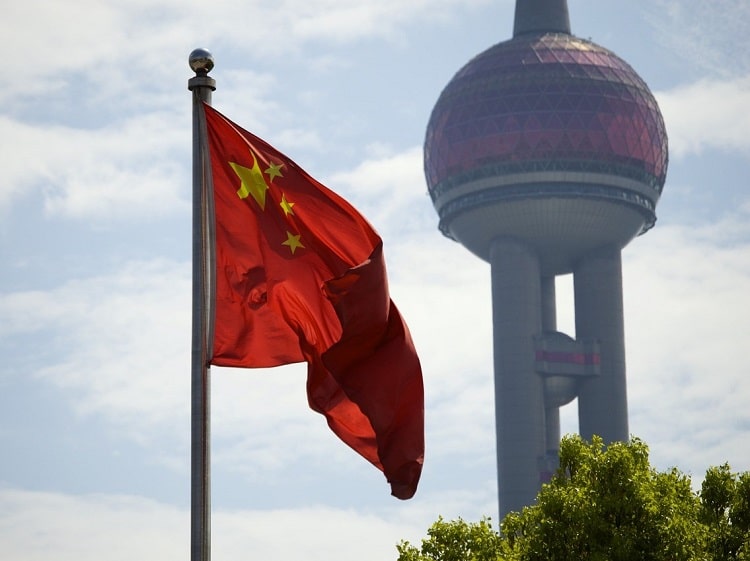
Some days you won’t get great internet access. Image by Gaston Laborde on Pixabay.
Having your VPN connected will make things a little slower. Using the ‘local’ internet to access Chinese sites can help.
Often just leaving what you’re doing and coming back to it later might be the only solution!
Apps that will help you in China
There are a few apps that will help you while you’re traveling in China.
Some of the most useful include:
- Google Translate – so you can understand the locals
- ExpressVPN – I recommend this one from experience
- Alipay – a Chinese payment platform
- DiDi – China’s Uber.
For a full list, check out this blog on the best China travel apps.
The power of WeChat
WeChat is the most popular app in China. Practically everyone with a phone uses it.
WeChat is one of the main ways people communicate with each other in China. The app is also packed full of features to help you do everyday things like pay for food and bills, book a taxi, play games and find local hangouts.
It makes living in China a whole lot easier.
As a tourist in China, however, the app’s appeal is limited as you need a Chinese bankcard for payments.
Take-home message about the Chinese internet
The internet in China is available for all citizens. And it’s fast.
However, China’s internet is not as open as the internet in other countries. Countless websites and apps are heavily monitored or banned outright for illegal or inappropriate content.
The government makes internet companies hire staff to censor content, affecting what end users see.
If you’re going to China on a holiday, you can still access the ‘open’ internet which you’re used to, but you’ll need to download a VPN app before you board the plane.
If you haven’t done so already, read my review on the best VPN for China.
Main image credit: Karen Roach on Shutterstock.



